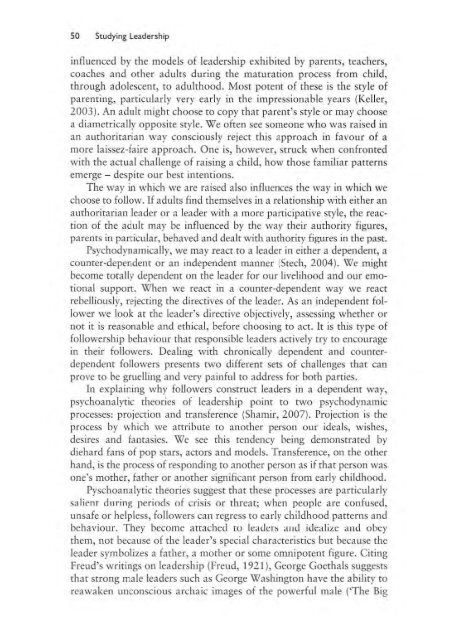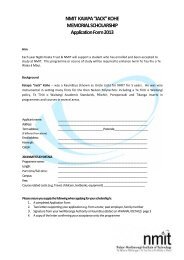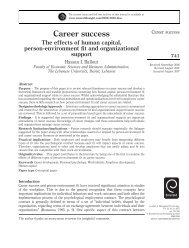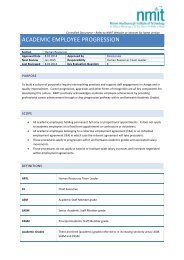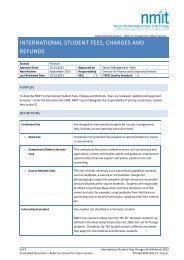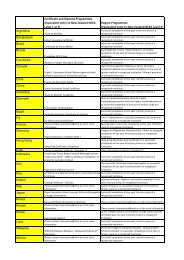Jackson Parry - Leadership, Chp 3, 41-60.pdf
Jackson Parry - Leadership, Chp 3, 41-60.pdf
Jackson Parry - Leadership, Chp 3, 41-60.pdf
- No tags were found...
You also want an ePaper? Increase the reach of your titles
YUMPU automatically turns print PDFs into web optimized ePapers that Google loves.
50 Studying <strong>Leadership</strong>influenced by the models of leadership exh ibi ted by parents, teachers,coaches and other adults during the matmacion process from child,through adolescent, ro adulthood. Most potent of these is the style ofparenting, particularly very early in the impressionable yea rs (Keller,2003). An adu lt might choose ro copy that parent's style or may choosea diametrically opposite style. We often see someone who was raised inan authoritarian way consciously reject this approach in fa vo ur of amore laissez-faire approach. One is, however, struck when confrontedwith the actual challenge of raising a child, how those familiar patternsemerge - despite our best intentions.The way in which we are raised also influences the way in which wechoose to follow. If adults find themselves in a relationship with either anauthoritarian leader or a leader \vith a more parricipative style, rhe reactionof the adult may be influenced by rhe way their authority figures,parents in parricular. behaved and dealt with authority figures in the past.Psychodynamically, we may react to a leader in either a dependenr, acowlter-dependenr or an independent manner (Stech, 2004). We mightbecome totally dependent on the leader for our livelihood and our emotionalsupport. When we react in a counter-dependent way we reactrebelliously, rejecting the directives of the leader. As an independent fo llower we look at the leader's directive objectively, assessing whether ornot it is reasonable and ethical, before choosing to act. It is this type offollowership behaviour that responsible leaders actively try to encouragein their followers. Dealing with chronically dependent and counterdependentfollowers presents two different setS of challenges that canprove to be grue lling and very painful to address for both parties.In explaining why fo llowers construct leaders in a dependent way,psychoanalytic theories of leadership point to two psychodynamicprocesses: projection and transference (Shami r, 2007). Projection is theprocess by which we attribute to another person our ideals, wishes,desires and fantasies. We see this tendency being demonstrated bydiehard fans of pop stars, actors and models. Transference, on the otherhand, is the process of responding to another person as if that person wasone's mother, father or another significant person from early ch ildhood.Pyschoanal ytic theories suggest that these processes are particula rl ys


